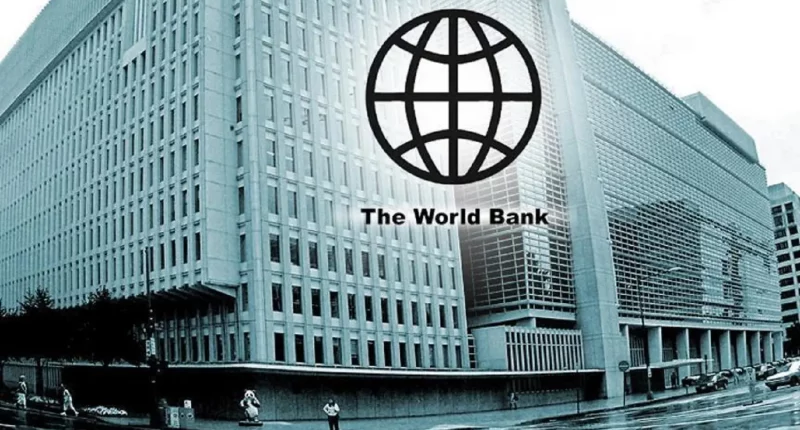The World Bank Group’s new Country Climate and Development Report (CCDR) for Ghana estimates that at least one million more people could fall into poverty due to climate shocks if urgent climate actions are not taken.
The Report also warned that if pre-emptive measures are not taken, incomes could reduce by up to 40% for poor households by 2050, further worsening the economic plights of the less privileged.
Climate change has become salient in impacting economies across the globe, sending countries on a race with the 2015 Paris Climate Change to achieve net-zero emissions and reduce global temperatures to well below 1.5 degrees by 2030.
Pierre Laporte, World Bank Country Director for Ghana, Liberia, and Sierra Leone lauded Ghana’s greenhouse emissions saying: “Ghana’s contribution to global greenhouse gases emissions is small, with emissions on a per capita basis at 24% of the global average. The country can take a more resilient development pathway, avoiding costly lock-ins, leapfrogging to cutting-edge technologies, and starting to mobilize climate finance.”
The report also revealed that “flooding affects around 45,000 Ghanaians every year, and half of Ghana’s coastline is vulnerable to erosion and flooding as a result of sea-level rise.”
It further identified some priority areas to build Climate Resilient and Low Carbon Development pathway that will foster more green, resilient, and inclusive growth in the country.
They are:
- Adopting an integrated approach to agriculture and environmental management by fostering integrated landscape management, promoting climate-smart agriculture, and supporting adaptation of coastal communities;
- Building sustainable cities and resilient infrastructure systems through better urban development, enhancements in resilient mobility infrastructure and services, and improved waste management;
- Boosting disaster risk preparedness through early warning systems, better national financial preparedness against climate shocks, and adaptive health and social protection systems;
- Realizing new opportunities for managing forest resource as an asset for climate resilience, including for carbon sinks focusing on reversing deforestation and promoting cleaner cooking;
- Promoting a transition to clean energy by scaling up renewable energy sources and strengthening regional energy markets; and
- Modernizing transport systems by, among others, improving public transportation and updating vehicle standards.
In the context of high debt and tight fiscal constraints, the report noted that Ghana will need to carefully prioritize investments starting from no-regret actions that maximize resilience benefits at an affordable cost.
“The country will need to take urgent action to restore macroeconomic stability and debt sustainability and improve the business enabling environment to mobilize funds from various sources, including private and development finance. The report estimates the cost of climate action at around $2 billion per year (in present term value) until 2050, equivalent to 2% to 3% of cumulative GDP over the same period.”
Source:citinewsroom





